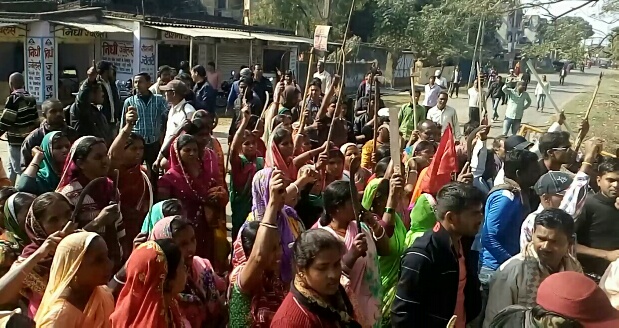 There are more than a dozen daily newspapers, all privately owned, were published in Saudi Arabia. Most of them were printed in Arabic and some in English. The most widely read Arabic dailies were Ar Riyadh, published in Riyadh, and Al Jazirah, published in Jiddah. Many Smaller-circulation papers are published in both cities.
There are more than a dozen daily newspapers, all privately owned, were published in Saudi Arabia. Most of them were printed in Arabic and some in English. The most widely read Arabic dailies were Ar Riyadh, published in Riyadh, and Al Jazirah, published in Jiddah. Many Smaller-circulation papers are published in both cities.
The cities of Ad Dammam, Mecca, and Medina also had daily newspapers. English-language dailies are published in Jiddah. The largest circulated of these is Arab News with an estimated circulation of above 110,000. The smaller Saudi Gazette and Saudi News are specialized publications that emphasized economic news and press releases from the state-owned Saudi Press Agency. In addition to the daily papers, there are above fourteen weekly magazines, are published in Arabic and English.
Although there was no prepublication censorship of Saudi newspapers, editors understood that articles expressing opposition to the government or its policies were unacceptable, and they thus exercised self-censorship. The Ministry of Information effectively supervised all periodicals through the Press Law of 1964. This law required the formation of a fifteen member committee to assume financial and editorial responsibility for each privately owned newspaper. The members of these committees had to be approved by the Ministry of Information. In contrast to the local press, the foreign press was heavily censored before being permitted into the kingdom. The objective of the censors was not only to remove politically sensitive materials but also to excise advertisements deemed offensive to the government in any way.
Since 1990 several editors, reporters, and photojournalists have been suspended, dismissed, fired outright, or detained by Saudi security authorities for violating the unwritten press censorship code. In February 1992, the respected editor in chief of the English-language daily, Arab News, Khaled al Maeena, was fired for reproducing an Associated Press wire service report that featured an interview with the Egyptian cleric Shaykh Umar Abd ar Rahman, then residing in exile in New Jersey. In December 1992, the editor in chief of the Arabic language daily An Nadwah also was fired summarily after his paper featured an article about Islamic groups in the kingdom.
There are an estimated about 6.5 million television sets in Saudi Arabia and an estimated 5.5 million radio receivers. About one hundred fifty television stations throughout the country broadcast both Arabic and English programs. There are forty-three AM radio stations and twenty-three FM stations. The Saudi Arabian Broadcasting Service transmitted programs overseas in Arabic, Farsi, French, Indonesian, Somali, Swahili, and Urdu.
Saudi Arabia, though a pioneer of pan-Arab satellite television, has long had one of the most tightly-controlled media environments in the Middle East. Criticism of the government and royal family and the questioning of government policies are not tolerated.
The state-run Broadcasting Service of the Kingdom of Saudi Arabia (BSKSA) is responsible for all broadcasting. It operates four TV networks, including news channel al-Ikhbariya. The minister of culture and information chairs the body which oversees radio and TV operations.
Private radio and TV stations cannot operate from Saudi soil, but the country is a key market for pan-Arab satellite and pay-TV broadcasters. Saudi investors are behind some of these networks, including Dubai-based MBC and Bahrain-based Orbit. Viewers in the east can pick up TV stations from more liberal Gulf neighbours.
Saudi newspapers are created by royal decree. There are more than a dozen dailies and many magazines. Pan-Arab papers, subject to censorship, are available. The Ministry of Interior is also directly involved in enforcing the monarchy’s restrictions on what may or may not be published.
The Saudi government has invested heavily in security systems to block access to websites to cover its injustice and black deeds.
There are about 7.2 million internet users. (ITU). Many surfers are said to be women, possibly a result of restrictions on their movements. There are said to be as many as 5,000 Saudi blogs.
In the light of these realities we can understand that Saudi Media has no right to publish or broadcast any news item against the Saudi royal family who is the dictator of the country. Due to dictatorship of the royal family, majority of foreigners and country men are facing so many problems but no one can explain their pain before the media, and Saudi media has no right to do any help for victims. But our Prime Minister Manmohan Sihgh likes so much the dictator King Abdullah and his dictatorship but he has no time to listen the problems of about 20,00000 Indian who are spending their expensive lives in Saudi Arabia and making the strong Indian currency . There are so many things to write about Saudi media but now it is not possible, I will tell you more later.


